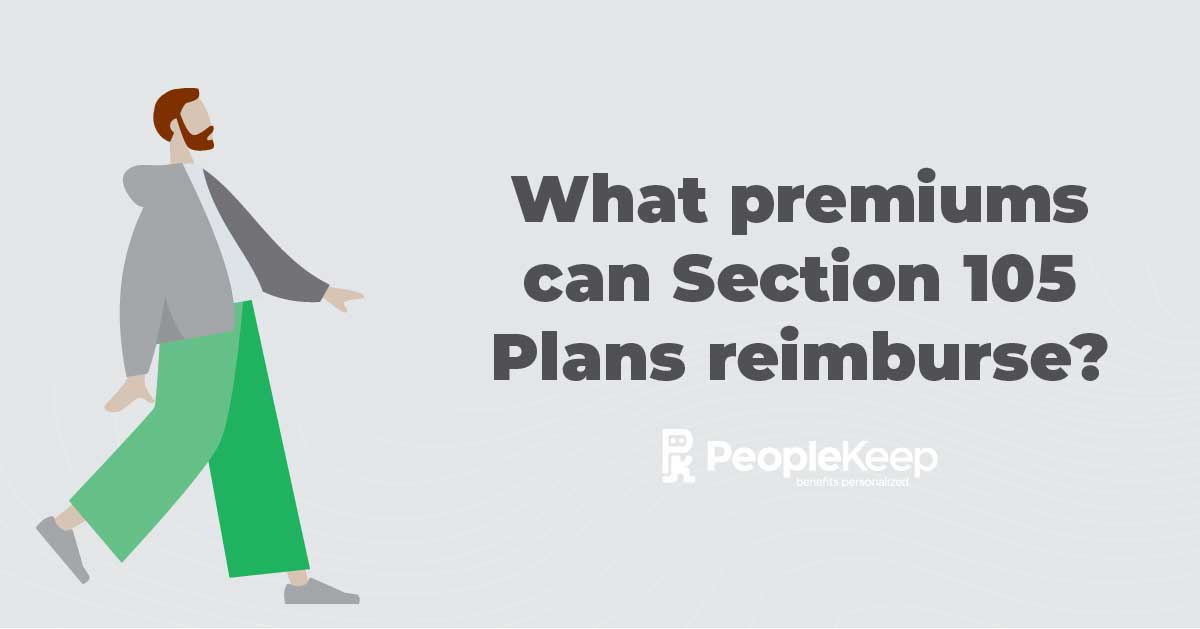Cash for Premium Payments - What You Can (and Cannot) Do
By Christina Merhar on September 11, 2015 at 12:00 PM
As employers see the advantages of modern individual health insurance, a common health benefit strategy is to reimburse employees for their premiums. As employers explore options, a common question is, “Can we provide employees cash for premium payments?” The answer is no. Employers should not directly pay or directly reimburse employees for premium payments. This type of Employer Payment Plan can lead to new penalties. There are, however, compliant options for helping employees with their premium payments.
It sounds complicated, but it doesn’t have to be. In this article, we’ll provide a simple breakdown on what you can and cannot do when giving employees cash for premium payments.
Cash for Premium Payments - What Not to Do
Under new health reforms, there are new rules - and new penalties - for helping employees with their personal health insurance premiums in the wrong way.
Here is what employers should avoid when providing cash for premium payments:
-
Paying directly for employees’ premium payments (ex: making payments to the insurance company for an employee's personal policy).
-
Reimbursing an employee directly for premium payments without a formal, compliant reimbursement health plan (ex: giving employees cash after they show proof of their insurance policy).
Employers should avoid these practices because, according to recent health reforms, they do not comply with the new group health plan reforms (aka the “Market Reforms”). The consequence? Penalties of up to $100/day per employee.
Cash for Premium Payments - What You Can Do
Employers all over the nation are helping employees with their personal health insurance premium payments. So, how are they doing it?
As we discussed above, an employer cannot provide direct payment or reimbursement for premium payments, but employers do have two compliant options that achieve the same goal.
Employers can:
-
Set up a formal premium reimbursement plan to give employees tax-free money for health insurance. The key here is to use a compliant health reimbursement plan structured to follow all group health plan reforms.
-
Provide employees a fixed, taxable stipend to purchase health insurance (ex: give employees a fixed monthly amount for health insurance, but do not ask employees to submit proof of their premium payment).
Either of these options - a formal, compliant reimbursement plan or a health insurance stipend - allows you to provide a contribution to employees’ premium payments.
Conclusion
As employers explore ways to provide employees cash for premium payments, there are two compliant ways to achieve this goal: a health reimbursement plan, such as an HRA, or a taxable health insurance stipend. Employers who provide direct payment or direct reimbursement for premium payments may be subject to a $100 per employee, per day penalty.
Check out more resources
See these related articles

FAQ: Can We Reimburse Employees' Subsidized Exchange Premiums?
Can an HRP Reimburse Subsidized Exchange Premiums in 2014? Read how employers can use an HRP to reimburse exchange health insurance premiums.

What health insurance premiums can Section 105 plans reimburse?
Discusses the types of health insurance premiums Section 105 plans can reimburse.

Which premiums can a QSEHRA reimburse?
Find out which premiums a QSEHRA can reimburse, including health insurance and more. Learn how employers can offer tax-free reimbursements.


